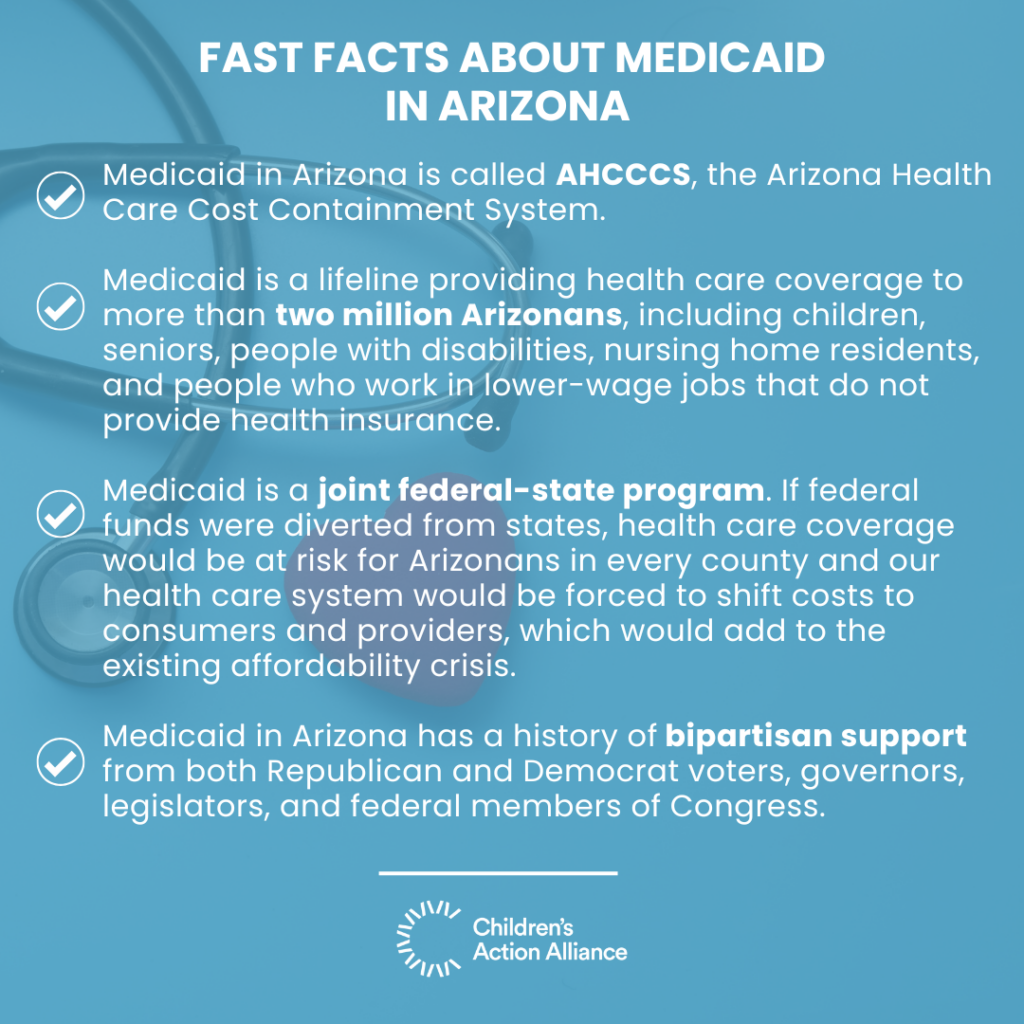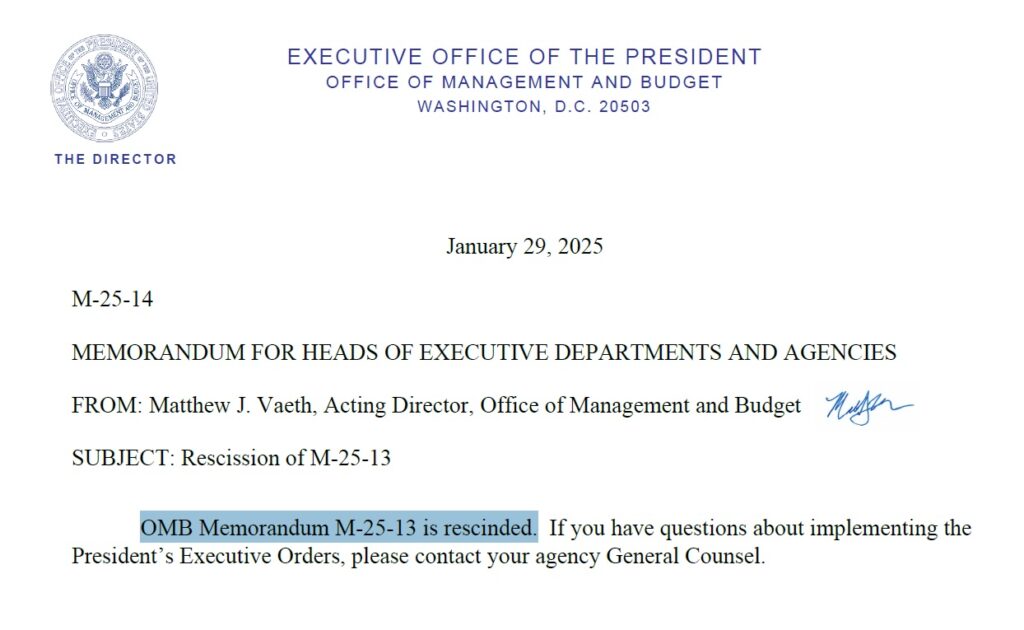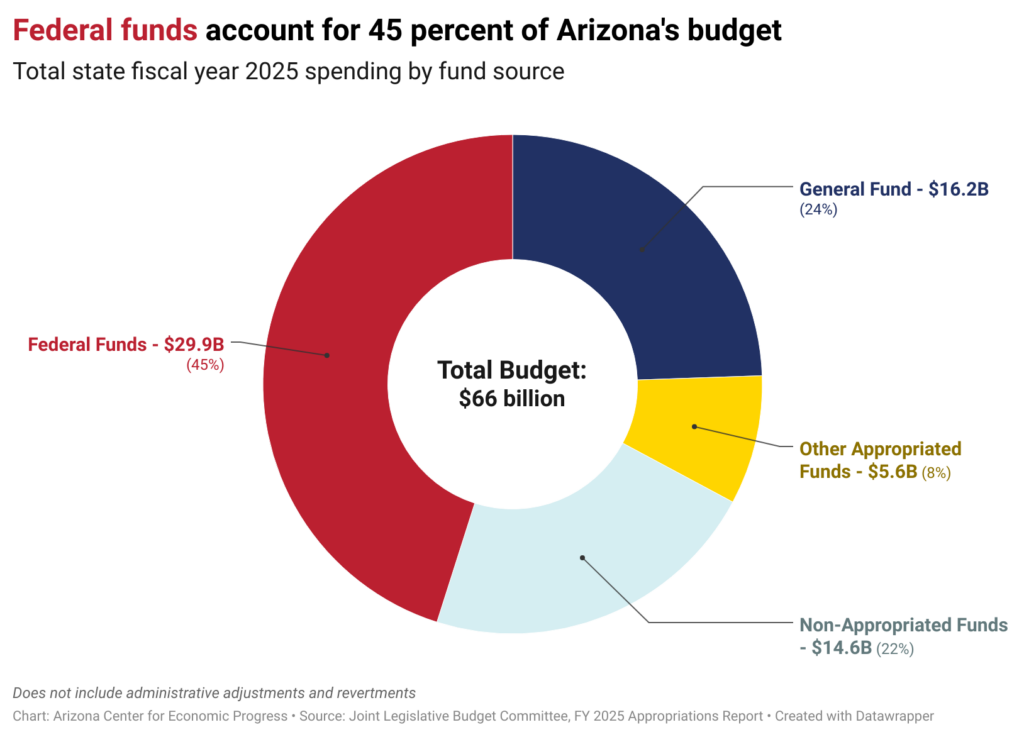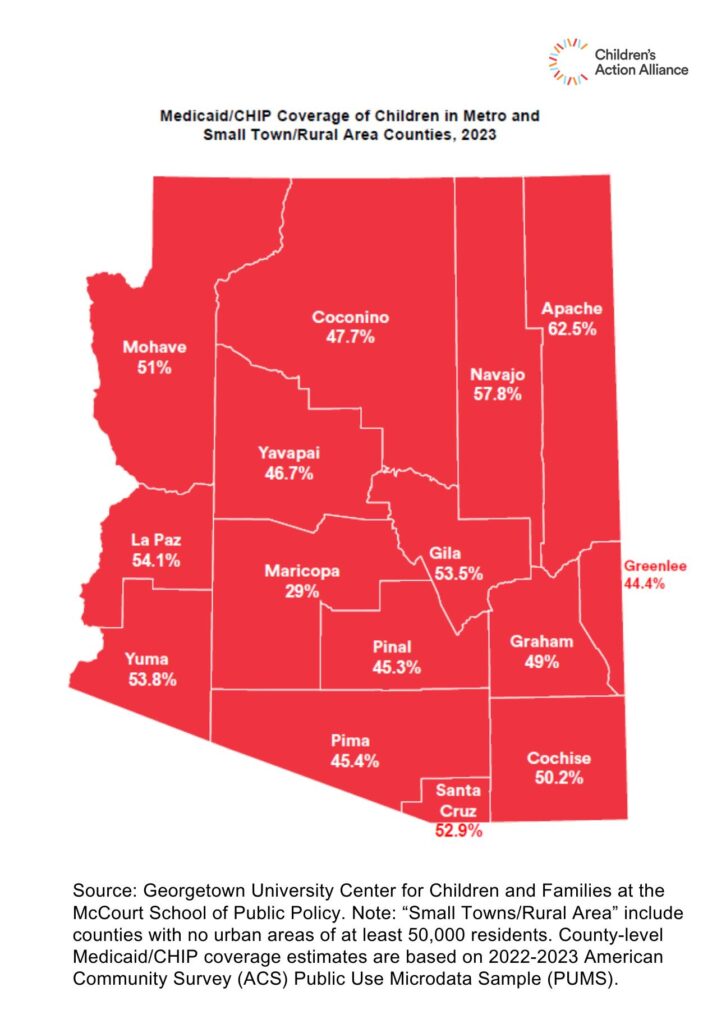Budget Threatens Health Care and Food Assistance
The budget process marches forward in Washington, and we continue to learn how devastating the budget cuts they’ve targeted for health care and food security would be to Arizonans and our economy.
Families are working just as hard as ever but struggling to keep up with high costs, yet Congressional leaders are proposing to strip hundreds of thousands of Arizonans of health care and food assistance. They are targeting these lifelines as they extend and expand tax cuts for the highest-income Americans and special interests.
It’s not too late. Our congressional delegation still has time to make decisions that stand with Arizonans by taking Medicaid and Supplemental Nutrition Assistance Program (SNAP) cuts off the table. Congress should not make rushed, reckless cuts that will make it even harder for families.

By working together, we can defend Medicaid/AHCCCS, and protect SNAP food assistance. It’s worth keeping a child from going to bed filled with hunger, ensuring that the 64,000 AHCCCS members who have cancer can get the care they need, and preventing the economic disruption of these cuts in our state. Let your member of Congress know how you, your family, and your community would be affected by these cuts.
Mass Layoffs Bring Instability to Programs for Children and Families – From Head Start to Utility Assistance
At the same time, as we stay engaged in the budget process, we are deeply concerned about the impact that mass layoffs across the federal government will have on services for children and families. Earlier in January, we saw interruptions to federal funding that brought unpredictability to federally funded services.
Now, this week and over the last month, we’ve seen significant numbers of staff let go, leaving the operation of essential programs in jeopardy. HHS closed several Head Start regional offices, including the office serving Arizona. Head Start, serving more than 14,000 children in Arizona, is a critical program that is tied to better educational and health outcomes for the children served by it. Research shows that Head Start and Early Head Start yield at least $7 for every $1 invested.
These layoffs are not producing meaningful cost savings, but they do leave Head Start centers all over Arizona without critical support, which will impact children and families. Cuts in the staff who work with states to administer child care funds are also significant.
In addition, just as the deadly summer heat nears in Arizona, all staff of the office that distributes federal utility assistance support has been let go. The Low Income Home Energy Assistance Program is there for the most vulnerable Americans to keep their heat on in cold or their air conditioning in the heat. Household energy costs have already increased faster than other costs. LIHEAP utility assistance is essential for individuals and families in need.

Head Start and LIHEAP have long enjoyed bipartisan support in Congress. Let your members of Congress know that you care about these programs and that critical staff should be reinstated to ensure there are no interruptions to Arizona's children and families.
On top of economic decisions that cause concern about rising prices, such as tariffs. Take a moment to educate our congressional delegation about how you, your family, and your community would be affected.




